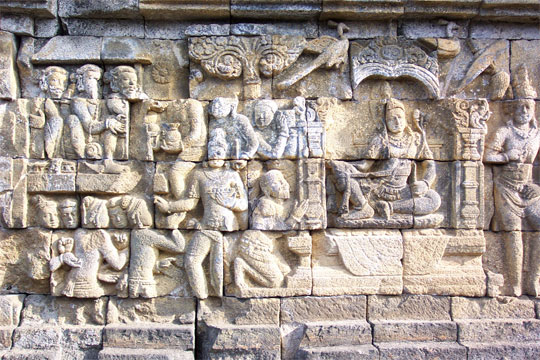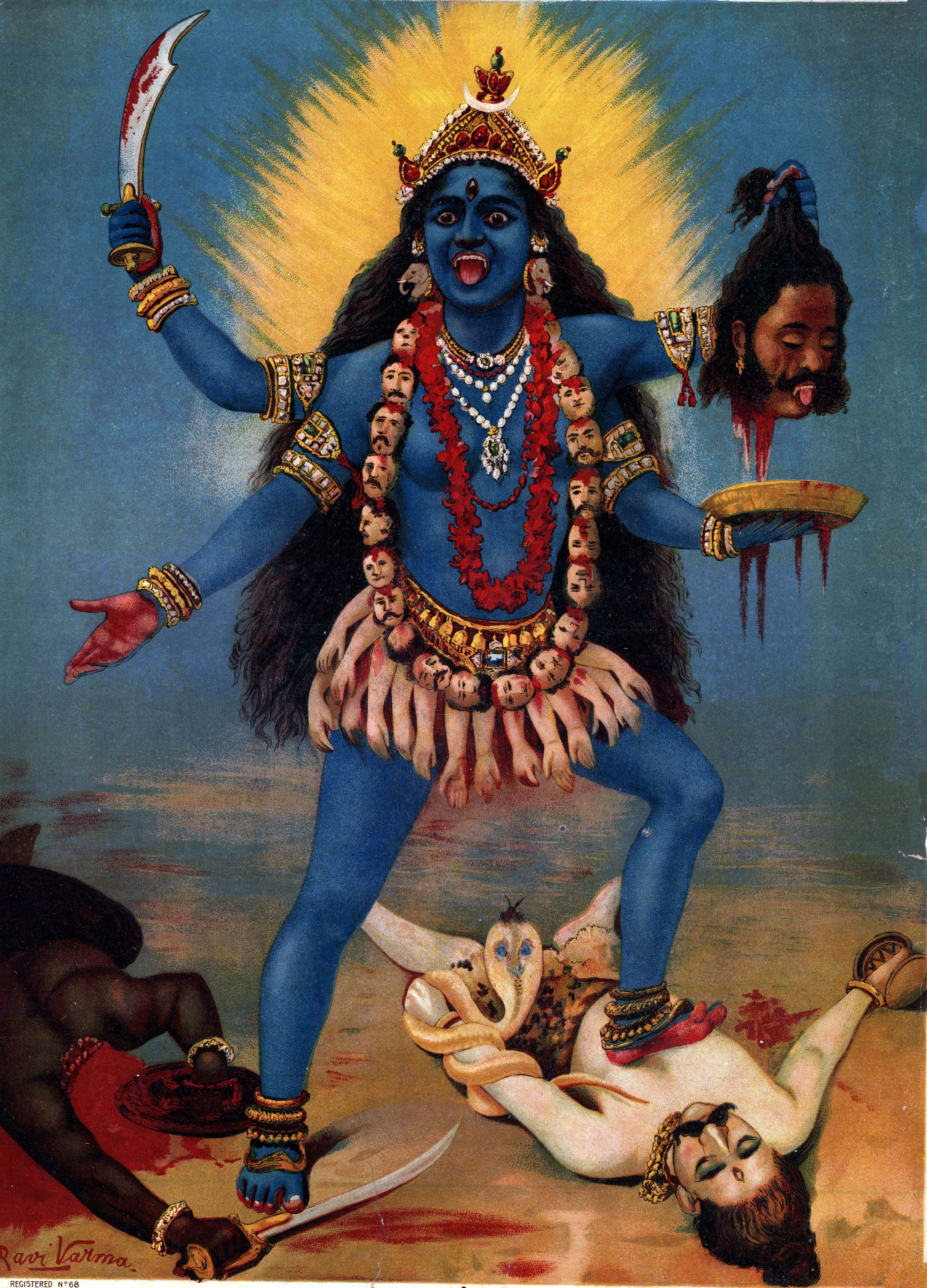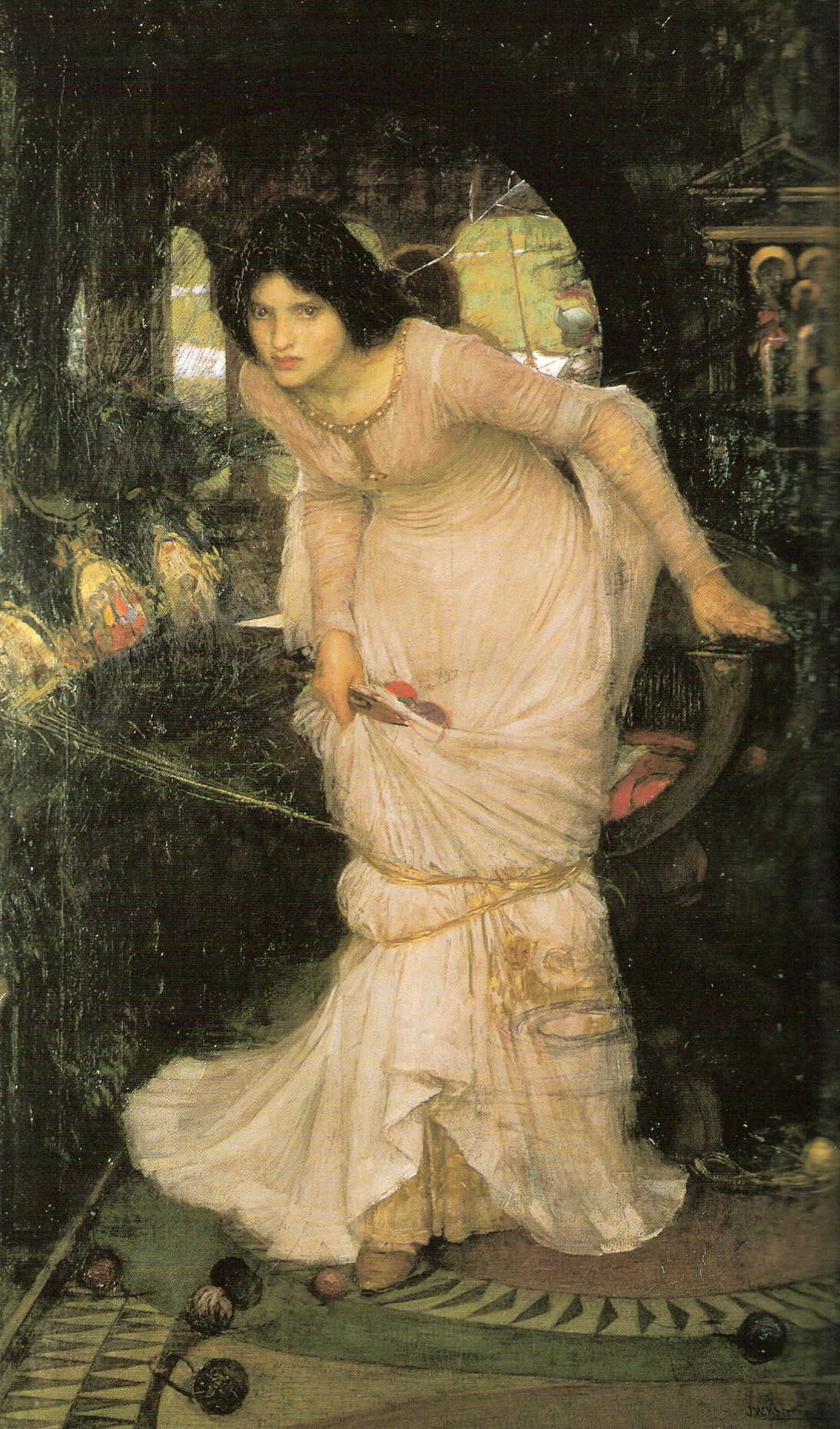As myths and folklore narrate the long and unwinding path towards life's great lessons, a reoccurring theme is love. Now the subject of painful experiences is often found in the great tales that teach us about loyalty, perseverance, or the other side of the coin: greed, jealousy, betrayal, and lust.
Here are some of the famous "love gone wrong" theme in mythology:
1. Ophelia in Hamlet
The love-struck, naive, and young Danish noblewoman got her heart crushed by less-than-earnest prince of Denmark, Hamlet. When she told her family about her love for Hamlet and that she was strongly convinced Hamlet to be mutually in love, they expressed their doubt. So Polonius, Ophelia's father, together with Claudius, the uncle of Hamlet, decided that they would hide behind a big tapestry to listen to the conversation between Hamlet and Ophelia. Meanwhile, the conversation did not go as Ophelia had thought it would. Hamlet was surrounded by ambivalence and self-doubt, and he even scolded her by saying "Get thee to a nunnery" and finally breaking Ophelia's heart with "I say we will have no more marriages", and left her.
Before she could cope with the heartbreak over Hamlet's harsh exit, Hamlet killed her father during a meeting between him and his mother, Queen Gertrude. Madly bewildered and over-grieved, Ophelia went into delirium. She chanted some "mad" songs and talked in riddles. Ophelia sang her way into the woods and picked some flowers while saying, "...there's rue for you, and here's some for me; we may call it herb of grace o' Sundays; O, you must wear your rue with a difference." It is speculated that rue as a herb is a symbol of regret, but the herb itself can have strong abortive effect. So meanings to the chanting can take on that she was pregnant at the time.
Moments later, Ophelia was found dead by the stream, apparently by drowning. Queen Gertrude in her monologue utters that Ophelia had climbed into a willow tree, and then a branch broke and dropped Ophelia into the brook, where she drowned. The Queen suggested that Ophelia was too overwhelmed by her distress and heartbreak that she could not look after herself. But a sexton would insist that she actually killed herself by drowning. Poor, poor Ophelia.
At Ophelia's funeral, Queen Gertrude sprinkles flowers on Ophelia's grave ("Sweets to the sweet"), and says she wished Ophelia could have been Hamlet's wife (contradicting Laertes' warnings to Ophelia in the first act). Laertes then jumps into Ophelia's grave excavation, asking for the burial to wait until he has held her in his arms one last time and proclaims how much he loved her. Hamlet, nearby, then challenges Laertes and claims that he loved Ophelia more than "forty thousand" brothers could. After her funeral scene, Ophelia is no longer mentioned.
Ophelia is a frequent subject of artistic portrayal, not surprising knowing she might be the epitome of tragic pure love gone wrong (other than Juliet of course). This one painting by Millais is by far my favorite of Ophelia.
2. Circe and Glaucus
The Greek mythological character, Circe, a goddess of strong potions and magical wand, was said to once receive a guest, a fisherman by the name of Glaucus at her abode. Now, Circe is a magnificently beautiful sorceress whom men of Odysseus often fall for, and out of disgust of what Circe considers to be bestial behavior, she turns them into animals with her herbs. However, this time, Glaucus comes not as a potential lover. He wants the sorceress to help him get his love to this girl, Scylla to be returned. My little online digging of the story came up with
this excerpt:
Ovid tells of a fisherman named Glaucus who comes to Circe with a
problem. He loves a girl named Scylla. She lives on the island of Sicily
and although he has courted her in every manner, she has rejected him.
Circe looks Glaucus up and down and says 'Forget love potions. Become my
lover. Spurn the one who spurns you and reward she who admires you, and
in that one act be twice revenged.'
'Seaweed will grow on the hills,' says Glaucus, 'before I love anybody but her.'
The sorceress is furious and decides to take revenge, not on Glaucus,
whom she decides she loves, but on the innocent Scylla. Circe Invidiosa
(jealous Circe) prepares a terrible potion and pours it in the grotto
where Scylla goes to bathe. As soon as Scylla steps into the pool, the
'water around her groin erupts with yelping monsters'. Seven dogs' heads
rise snarling out of the sea. Scylla screams and tries to slap them
away. But every blow causes her pain because they are part of her. Her
lower limbs have become horrible man-eating dogs.
Revolted and traumatized by this metamorphosis, the once-beautiful
Scylla takes shelter in a grotto near the straits of Messina, the place
where Sicily almost touches the toe of Italy. And when sailors pass by,
her monstrous dog-heads dart out and gulp them down still living.
The ever-adored Circe felt her pride was hurt by the one man who was not interested in her, and was completely smitten over the not-so-good looking (at least according to Circe) Scylla. This is what jealousy does to people. What a drama.
Here is one painting by John William Waterhouse, my favorite painter, titled Circe Invidiosa or translated it means Jealous Circe. Circe is shown to be draped in peacock feather-dress, so enticing yet with a deep aura of menace and toxic jealousy. She is pouring her poisonous potion into the water where Scylla goes to bathe.
3. The legend of Roro Jonggrang
Going off a bit from the Greek mythology path, an Asian mythology, more specifically an Indonesian one, tells of the story of a maiden Princess named Jonggrang. The tale says that once upon a time, there were two neighboring kingdoms on the island of Java. The kingdom of Pengging and Baka. Pengging was ruled by a wise old king Prabu Damar Moyo, and it was a prosperous kingdom. Baka, on the other hand, was ruled by a man-eating ogre king named King Boko.
King Boko felt jealous over his wealthy neighbor and dedicated a full year to build up an army to siege and attack Pengging. He assumed that he would conquer the kingdom easy, and he appointed a Chief Commander, the giant Patih Gupolo. Unknown to King Boko, Prabu Damar Moyo has a son, Bandung Bondowoso, who is highly trained in magical skills and physically powerful with a body that is as hard as a rock and a gaze that pierces through his enemies.
Long story short, the battle broke. King Boko launched his greatest ogre soldiers, and seemed to be advancing quite rapidly into Pengging. The war was causing so much devastation and famine, not only in Pengging, but also in Baka. Prabu Damar Moyo did not want to prolong the war, so he sent out his son to the battlefield. Bandung Bondowoso mightily fought off the soldiers and he even killed King Boko. Baka kingdom lost. King Boko's assistant, Patih Gupolo, survived and ran back to his kingdom to report to the King's family about the defeat.
King Boko's sole daughter, Roro Jonggrang, was devastated upon receiving the news. However, before she could even grief over her father's death, the soldiers from Pengging had come in a surprise attack and captured the palace. Bandung Bondowoso marched in and when he saw the princess, he was instantly captivated by the princess' unrivaled beauty. Bondowoso then offered to the princess, that if she would be his wife, he would pardon her family and not slaughter the rest of Boko. Jonggrang, although horrified to the person standing before her whom nonetheless was the one who killed her father, tried to outsmart the prince. She answered that she would agree to be his wife, only if he could fulfill her two wishes. Her first wish was for him to build the deepest well he could build named Jalatunda, and for the second she would announce later.
The prince agreed and he built the well. While Bondowoso was at the bottom of the well, the princess along with Patih Gupolo then piled big stones into the well, burying Bandung Bondowoso alive. However, using his mere physical strength, Bondowoso came out of the well, not only alive, but also outraged. He was so dumbfounded to know the princess tried to trick him. Yet, being so blinded by love, the prince forgave her and asked her what the last wish be.
Jonggrang said that she wants a thousand temples to be built overnight. She had asked this, thinking it would be impossible for Bondowoso to fulfill. Suprise, surprise. Bondowoso summoned his supernatural powers and invited thousands of spirits to help him build the temples. In a short time, around 999 temples were completed. Jonggrang panicked. As her last attempt to thwart Bondowoso's work, she called on her royal servants and the ladies in the palace, and ask them to start pounding rice, something the women of their nation do upon dawn. This activity woke up the roosters and they start crowing. The demon spirits were fooled into thinking dawn was breaking and they fled the last temple unfinished. Bondowoso soon realized the princess had done another deception and he was unforgivingly furious. He went into a state of meditation and cursed the princess into a stone statue that would eventually become the 1000th temple.
It can't be more dramatic than that!
 |
| The statue of Durga, thought to be Princess Roro Jonggrang |
So from delirium, to monster making jealous goddess, to princess cursed into stone... that's it for now with love gone wrong in mythology. I hope you enjoy this one as much as I do!






















